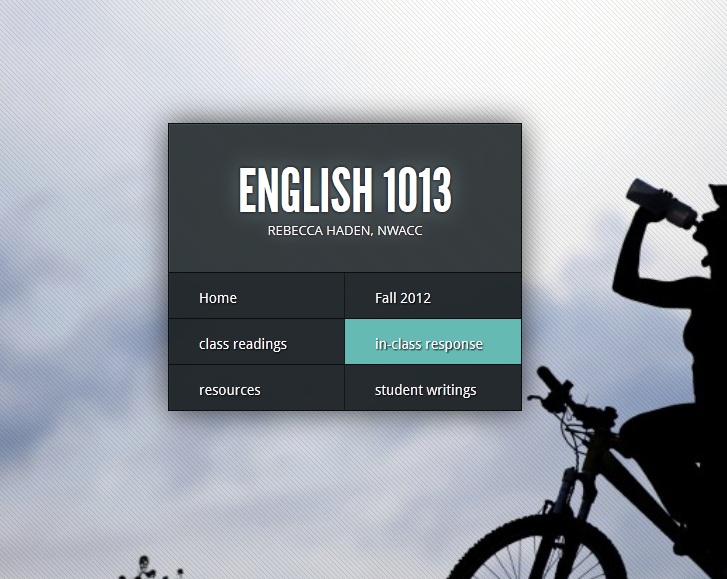At our regular weekly meeting, Rosie suggested that we admit we’ve become a WordPress shop.
She’s right. We switched our own website to WordPress on New Year’s Day of 2011, and since then we’ve built exactly one site that wasn’t on the WordPress platform. Of course, we’ve worked on plenty of others: DNN, Joomla, traditional HTML and CSS, Blogger, Magento — we’re getting started on another Volusion site this week. As a content firm, we’re open minded about the tools used to create and implement content: Dreamweaver, Word, Pages, pointy sticks on clay… It’s all about the words, and we’ll use the tools you want us to use.
But we no longer build anything but WordPress sites, and there are some good reasons for that:
- In order to perform well on the internet today, websites need regular content updates. We want clients to be able to do it themselves if they want to.
- If they’re wise enough to have us do their content updates, we want them to pay the price for popping into the CMS and writing some English, not the price for the more time-consuming process of getting into the files and writing HTML.
- We want our clients’ CMS to be search engine friendly and as easy as possible for them to use. While we know people who don’t like WordPress, it’s our experience that WordPress is more accessible for most people than Joomla or DNN.
- Community support for WordPress is terrific. We love to help our clients, but we don’t want them to have to be dependent on us if they don’t want to be. Trying to find a clear explanation of a point in DotNetNuke online is an exercise in futility, but WordPress tutorials abound.
- A related point: there are so many good widgets and plugins for WordPress that we rarely have to bring in a developer to provide special functionality clients want — a serious cost savings for them.
We’ll still continue to work happily with any content management system you prefer, to go into your HTML files to make updates, or to send Word documents to your webmaster if that’s what you like best — I’ve never met a content tool I couldn’t make friends with. But we would suggest, if you’re trying to choose among platforms, that you consider WordPress.
As for proprietary content management systems (the one your hosting company or web designer made in-house), they’re almost always a bad idea. The home-brewed CMS is likely to be quirky in a way that works for the designer, not built for general usability. It won’t usually integrate well with other systems (such as shopping carts, ticketing or reservations programs, etc.), and it’s typically not updated regularly to take advantage of emerging technologies.
I’ll be using WordPress for my classroom this coming semester, too, even though the college where I teach uses Blackboard. A sizable proportion of the class each term finds Blackboard too frustrating to use. Life is too short to struggle with your LMS — or your CMS.


Leave a Reply